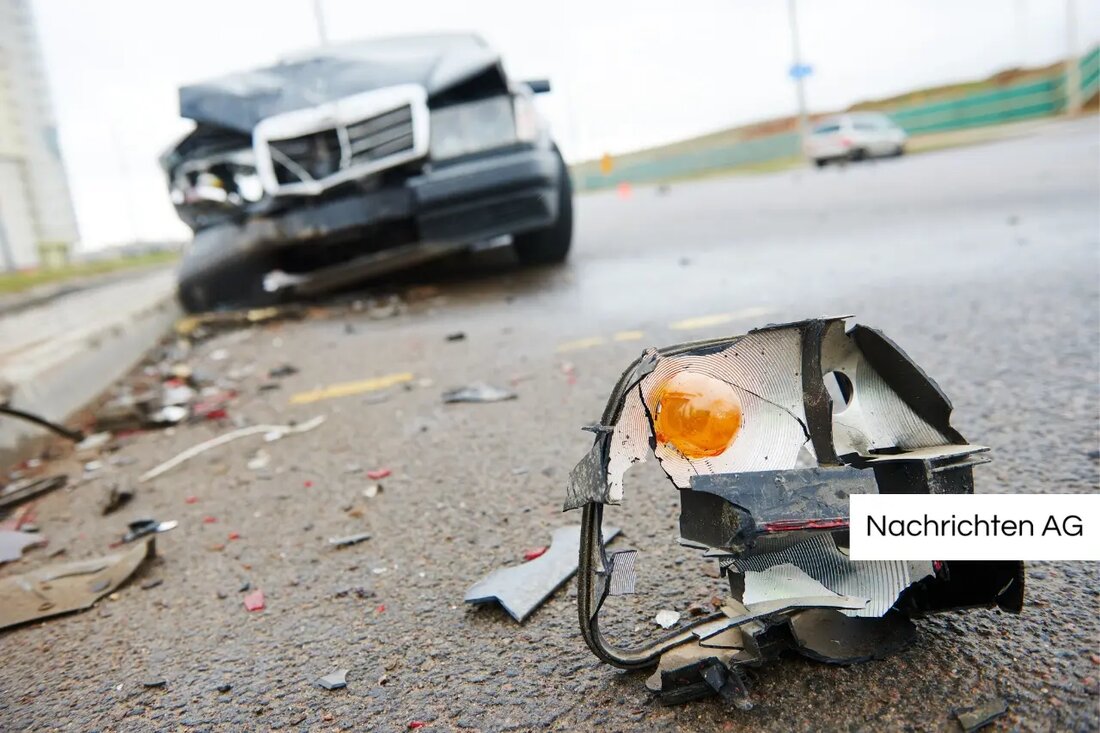Heating oil accident in Thürer Wiesen: Natural disaster threatened wildlife!
Heating oil accident in Thürer Wiesen: Natural disaster threatened wildlife!
On Friday, February 24, 2025, a serious tank claster occurred in the Meadows in the Mayen-Koblenz district. In the incident, around 30,000 liters of heating oil emptied, which led to massive ecological damage. The fire brigade reacted immediately and built the first oil barriers less than ten minutes after the accident. Despite the quick intervention, the extent of the environmental degradation was not prevented.
The heating oil entered both the surface drainage of the B262 and in a rain retention basin. Fortunately, barriers in Thürer Bach managed to prevent further spread of the damage. A crisis team, which consists of the lower nature conservation authority, the nature and the environment foundation, the Technical Relief Agency (THW), various fire brigades, an expert office and the state company Mobility (LBM), was quickly formed. Together they pursue the goal of examining the long -term damage in detail and taking immediate measures to contain containment.
crisis management and immediate measures
The nature conservation organization BUND has classified the incident as a disaster because the affected areas are heavily contaminated. At the latest now, the dramatic effects on the wildlife are evident. Water life and bird population, including stickers and pale chickens, are in particular threatened. BUND warns that the fine oil films in the water lead to a lack of oxygen and thus a massive fish death How to cause roach, stitch lines, perches and green lines.
birds that come into contact with heating oil not only suffer health damage, but also a painful death, since the oil film affects the rush fat of the birds and leads to hypothermia. In addition, the animals can absorb the oil, which has fatal consequences for their digestive tract. Reports by Franziska Kauermann, an employee of the wild bird care station, already show a worrying number of dead birds.
long -term consequences and warnings
The biological diversity in the nature reserve is on the brink. Amphibians such as grass frogs, toads and newts as well as their predators - storks and herons - are also at risk. The federal government calls for comprehensive measures to assess the ecological damage and prevent the spread of the oil.
The authorities are under pressure not only to manage the situation immediately, but also to inform the population in good time. Critics criticize the missing warning signs and barriers on the hiking trails. Dogs are reportedly drank out of the contaminated stream while children played nearby. After the first reports, warning signs were set up immediately, but many questions about security remain open.
This catastrophe raises fundamental questions about the safety of transport routes and the protection of ecological areas. Experts emphasize the need to adapt city infrastructures and environmental protection measures to the consequences of climate change. The increase in extreme weather events signals an urgent need for preventive strategies and environmental protection in Germany in order to avoid similar incidents in the future. According to the Natural hazard report 2023 , the damage caused by such natural events could increase dramatically, which underlines the urgency of measures.
| Details | |
|---|---|
| Quellen | |


Kommentare (0)